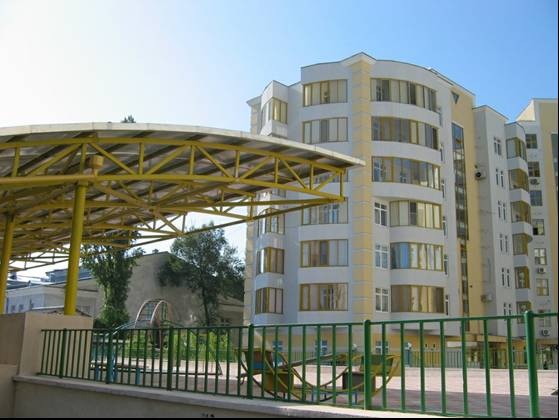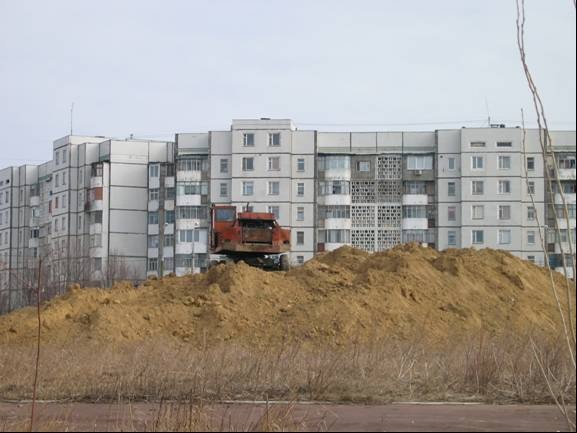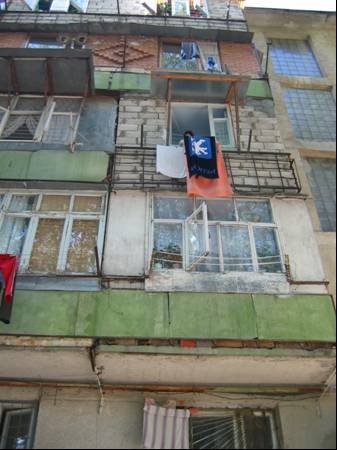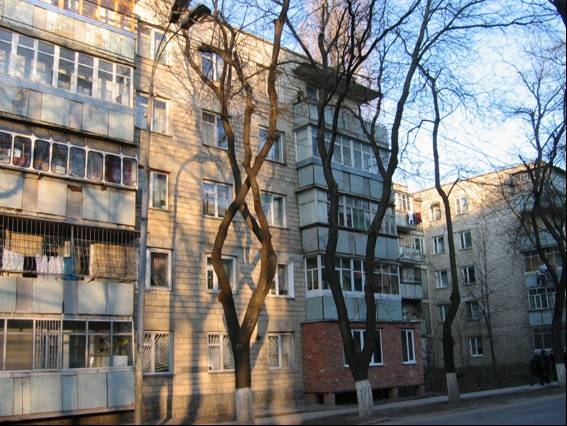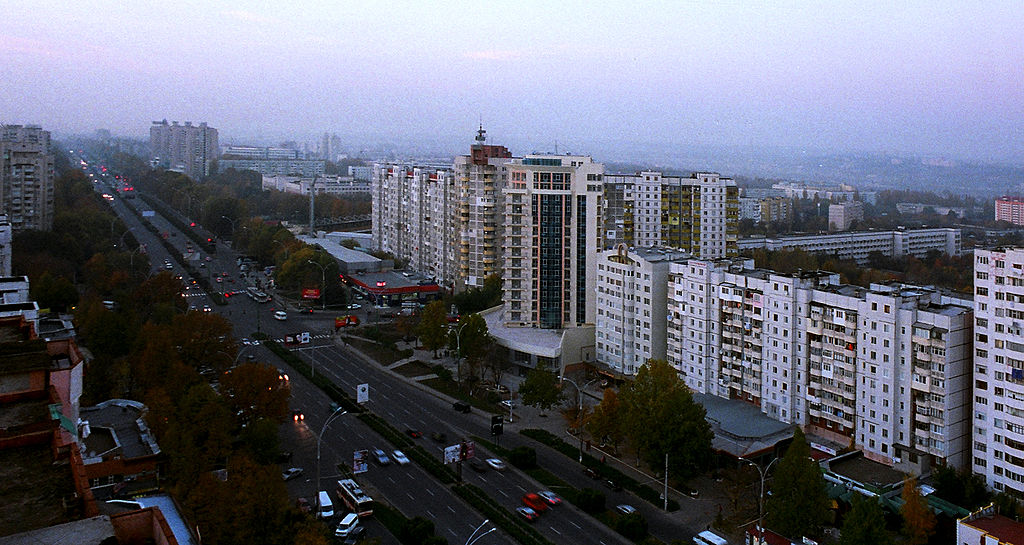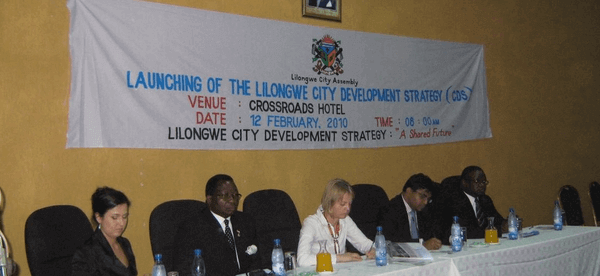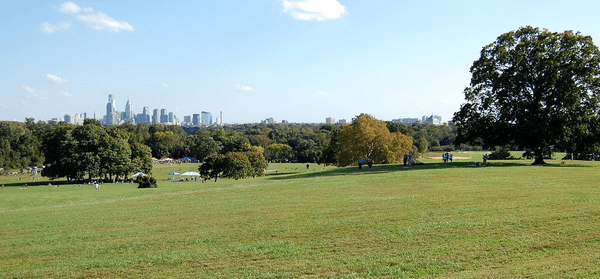Preliminary assessment and elaboration of a reform strategy was undertaken by a team of qualified consultants who also drafted detailed terms of reference for the next stage, i.e. the functional analysis. In addition, functional analysis of municipal administration and subordinated bodies was conducted by an expert international company as part of this step of the implementation. The functional reviews resulted in recommendations with a draft action plan and timeframe for their implementation. The specific objectives of the functional analysis included:
- scaling roles and responsibilities of municipal bodies for policy development and implementation according to ‘Good Governance principles’ outlined in the reform strategy
- eliminating certain responsibilities through greater consolidation of organisational functions along service lines
- designing organisational structures and procedures beneficial to more effective and efficient achievement of strategic goals and service provision
- identifying functions which do not contribute to responsibilities, and unfunded mandates with a view to their discontinuing
- designating proper delegation as a subsidiarity principle and accountability mechanisms
- evolving institutional optimisation plans and evaluating budget implications.
Analysing the Financial and Budget Management was carried out by an international expert or company and the reviews resulted in specific recommendations with a draft action plan and timeframe for implementation. The specific objectives of the analysis included:
- review of institutional structures and legislation related to budget and financial area;
- analysis of systems for planning, budget, financial administration, accounting and internal control; budget formulation process and execution
- analysis of human resource management in budget and financial areas
- fiscal information disclosure
- municipal procurement system
Furthermore, capacity building required evaluation in terms of local public expenditure management, strategic planning, investment programming, budgeting, implementation and procurement, asset management, accounting and financial reporting, internal controls and monitoring, evaluation and audit.
The second phase (18 months) will focus on:
The second phase of implementation comprises assistance for restructuring institutions, capacity building and fundamental reforms in municipal administration and in general financial management bodies, and in particular revenue generation and collection. It includes support for improving governance i.e. e-governance, through increased responsiveness and transparency towards citizens, and also support for low-cost, quick-win infrastructure and service delivery improvements, as well as support for planning larger infrastructure measures.
A detailed list with all activities included is availible in the resources section.
